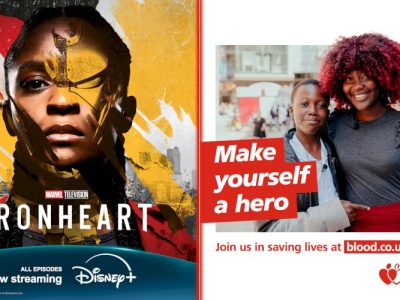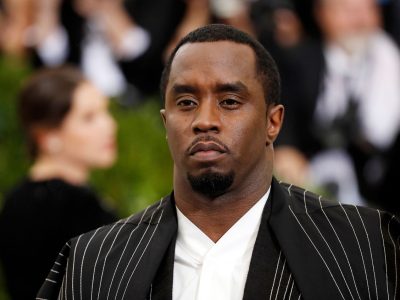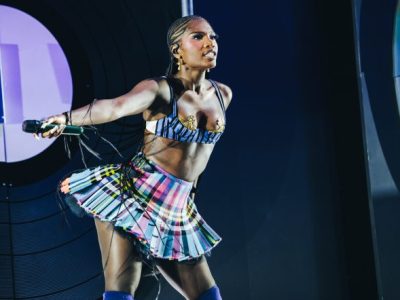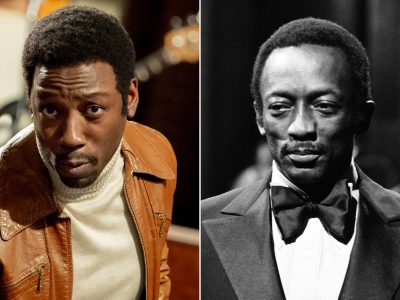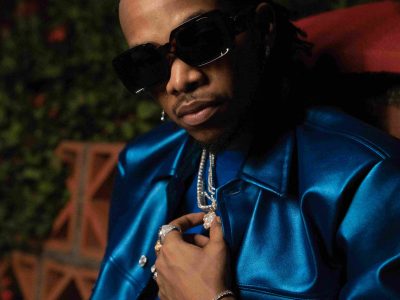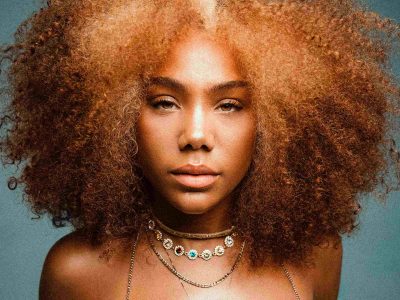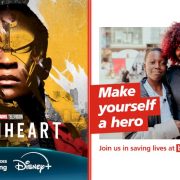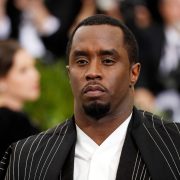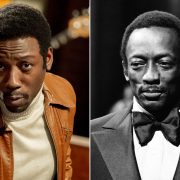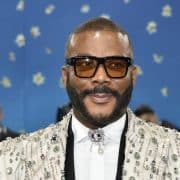In a world where Black males have often been misrepresented, reduced to harmful stereotypes, or misunderstood, there’s one small yet powerful gesture that speaks volumes about unity, belonging, and resilience: the nod. This simple exchange, often shared between Black men in public spaces, carries with it a deep sense of recognition and support. In his new documentary, The Nod: Tell Me You Got Me, filmmaker and director Richard Ampeh sheds light on this subtle yet profound aspect of the Black British male experience.
A Response to Harmful Stereotypes
For far too long, Black males have been portrayed in mainstream media through a narrow and damaging lens—often depicted as criminals, oversexualised, or emotionally detached. These stereotypes not only misrepresent Black men but also influence how they are viewed and treated by society. The purpose behind The Nod is to offer a counter-narrative, one that highlights the emotional depth, vulnerability, and strength of Black males, and underscores the importance of community and brotherhood.
“I wanted to humanise the Black male experience and show that we are just as emotionally complex as anyone else,” Director Richard Ampeh explains. “We have the same needs for love, care, and belonging. We are not commodities to be fixed or judged, but individuals with rich, diverse experiences.”
Inspiration from Personal Experiences
The inspiration for The Nod came from the Richard’s own experiences as a young Black male, as well as from his time working as the Head of Inclusion at a secondary school. “I remember walking past groups of Black male students and exchanging nods with them,” he recalls. “It wasn’t just a gesture—it was a signal that we were in this together. Even if we didn’t know each other, that nod said, ‘I’ve got your back.’ It became a silent, but powerful way of acknowledging shared experiences and providing comfort in a world that often overlooks or misunderstands us.”
These nods, simple as they may seem, became symbols of solidarity, especially in moments of tension or crisis. The film captures these moments of vulnerability and connection, providing a window into the emotional lives of Black men who, despite facing societal challenges, continue to find strength in one another.
Collaboration and Mentorship
The documentary is a product of a unique collaboration between Warner Bros. Discovery and The Media Trust, aimed at amplifying Black voices in the creative industry. Richard was one of three winners selected from over 110 applicants, thanks in part to the encouragement of his mentor, Georgina Cuppaidge, who pushed him to apply for the initiative. “Without her, I might never have taken the leap,” the director admits.
This project also underscores the importance of representation in storytelling. “Diversity in the creative industry ensures we get authentic stories,” he says. “It’s not just about telling any story—it’s about telling the right story, one that’s true to the people it represents.”
Building the Story with Care
Creating The Nod was an immersive process that involved deep research and a focus on real, raw conversations with Black men about the significance of the nod in their lives. The director used open-ended questions to guide the contributors to reflect on their experiences, allowing for moments of emotional vulnerability to naturally unfold on camera. With two cameras rolling, he captured these exchanges, some of which included heartfelt anecdotes and reflections on what it means to be a Black male in today’s world.
The result is a film that feels like an intimate catch-up among friends—an experience that invites viewers to witness the complexity and depth of Black male friendships and the unspoken bonds that tie them together.
Reframing Black Identity in the Creative Industry
The nod, in many ways, encapsulates the ongoing journey of Black identity in the creative industry—where authentic voices are often sidelined. By showcasing stories that are rarely told, The Nod contributes to the broader conversation about diversity and inclusion in media. “Without this initiative, this story might never have been told,” the director reflects. “When Black people are at the forefront of telling their own stories, you get an authenticity that’s hard to replicate.”
The film also highlights the importance of having people with lived experiences behind the camera, not just in front of it. “If the contributors had been confronted by a director who didn’t look like them, I don’t think we would have captured the same emotional depth or connection,” he adds.
The Nod and Black Identity
With The Nod airing on Generation Black TV, the Richard hopes to inspire viewers to reconsider how they perceive Black identity. “The film sheds light on the dimensions of the Black British male experience,” he says. “It reminds us that there’s more to our story than what’s often depicted in the media. The nod is a symbol of solidarity, but it’s also an invitation to see each other as a community—one that supports and uplifts each other, no matter the challenges we face.”
For young Black people, especially those who may feel isolated or misunderstood, the director hopes that The Nod serves as a reminder of their worth and the power of unity. “I want viewers, particularly young Black people, to see this as a message of hope,” he shares. “You are not alone. You are seen. And we’ve got each other’s backs.”
Looking Ahead
As The Nod: Tell Me You Got Me airs on Generation Black TV, it marks a moment of triumph not just for the director but for the Black creative community at large. The film stands as a testament to the power of storytelling, the importance of diversity in media, and the deep, lasting bonds that define Black brotherhood.
Through this simple yet profound gesture—the nod—The Nod: Tell Me You Got Me offers an uplifting and empowering portrayal of Black identity, fostering a sense of community that transcends words, and reminding us all that sometimes, a small gesture can mean everything.




